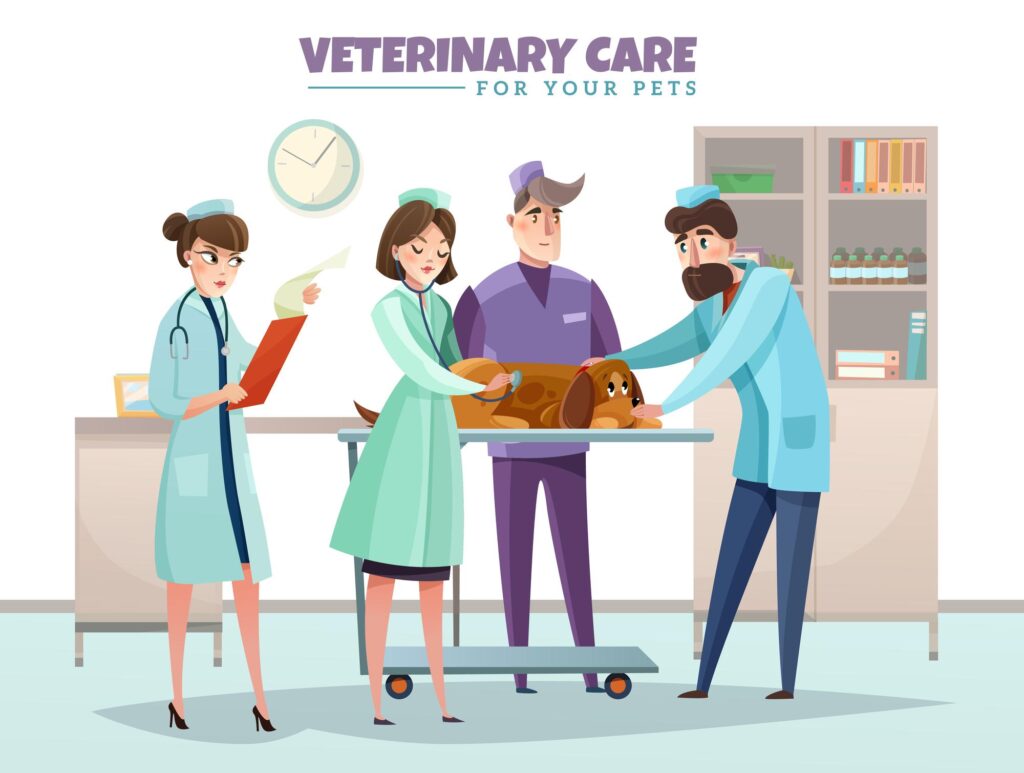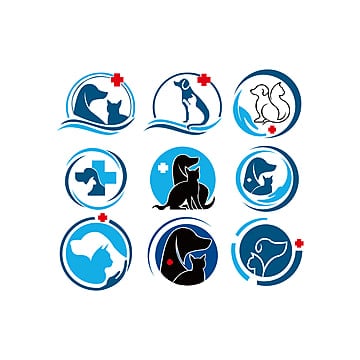Veterinary Course
The goal of a veterinary education is to give students the information and abilities needed to manage the health and well-being of animals. Animal science is covered in great detail in this extensive program, with topics including anatomy, physiology, pathology, pharmacology, and nutrition all covered. Students gain knowledge in performing surgery, recognizing and treating illnesses, and comprehending the behavior of animals. Practical training in clinics, farms, or wildlife sanctuaries is often incorporated into the school curriculum through internships or practical sessions.
Given the intimate connection between animal and human health, veterinary education also places a strong emphasis on the moral treatment of animals and the value of public health. Graduates can work as veterinarians, veterinary technicians, or researchers in areas like animal welfare, wildlife conservation, pet care, and livestock management. The degree provides specialties in fields like small animal care, equine science, or exotic animal medicine and usually requires a strong foundation in biology and chemistry.

Types of Veterinary Courses
A veterinary course is designed to train students in the medical care of animals. It involves studying various aspects of animal health, including diagnosis, treatment, and prevention of diseases. Here’s an overview:
- Bachelor of Veterinary Science (B.V.Sc.):
- Duration: 5.5 years, including a 1-year internship.
- Focus: Comprehensive training in animal health, surgery, and clinical practice.
- Eligibility: 10+2 with Physics, Chemistry, Biology, and English.
- Master of Veterinary Science (M.V.Sc.):
- Duration: 2 years.
- Focus: Specialization in areas like surgery, medicine, pathology, etc.
- Eligibility: B.V.Sc. degree.
- Diploma in Veterinary Science:
- Duration: 1-2 years.
- Focus: Basic knowledge of veterinary practices.
- Eligibility: 10+2 with Science subjects.
Key Subjects Covered:
- Anatomy and Physiology: Study of animal body structure and function.
- Animal Nutrition: Understanding the dietary needs of different animals.
- Veterinary Pathology: Diagnosing diseases through examination of tissues, organs, etc.
- Pharmacology and Toxicology: Study of drugs and toxins affecting animals.
- Surgery and Radiology: Techniques for animal surgery and imaging.
- Animal Husbandry: Management and breeding of farm animals.
- Veterinary Microbiology: Study of microbes affecting animal health.
Career Opportunities:
- Veterinary Surgeon: Performing surgeries and medical procedures on animals.
- Veterinary Pathologist: Working in laboratories to diagnose diseases.
- Animal Nutritionist: Developing diets for animals in zoos, farms, etc.
- Livestock Inspector: Ensuring the health and welfare of farm animals.
- Wildlife Veterinarian: Caring for animals in wildlife sanctuaries and reserves.
- Research and Academia: Engaging in research or teaching in veterinary colleges.
Admission Process:
- Entrance Exams: Common entrance exams like NEET or specific veterinary entrance tests are required for admission.
- Counselling: Based on entrance exam scores, students are allocated seats in veterinary colleges.
Skills Required:
- Compassion and love for animals.
- Strong observational skills.
- Problem-solving ability.
- Physical stamina for handling animals.
- Good communication skills for interacting with pet owners and farmers.
Colleges and Universities:
Many reputed veterinary colleges in India and abroad offer these courses. Some prominent ones include:
- Indian Veterinary Research Institute (IVRI)
- Tamil Nadu Veterinary and Animal Sciences University (TANUVAS)
- Guru Angad Dev Veterinary and Animal Sciences University (GADVASU)
- Cornell University College of Veterinary Medicine (USA)
- Royal Veterinary College (UK)
Conclusion:
A veterinary course is a rewarding path for those passionate about animal care. It offers diverse career opportunities, allowing professionals to work in clinics, farms, wildlife sanctuaries, and research labs. The field is both challenging and fulfilling, with a strong emphasis on improving animal health and welfare.



